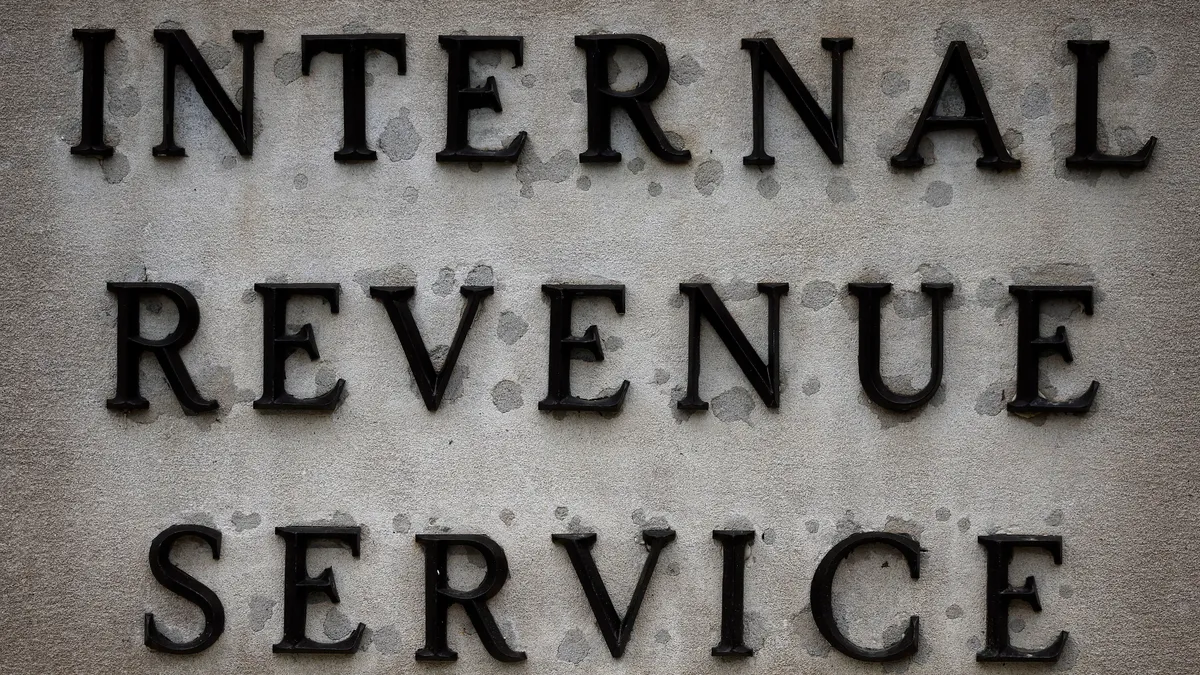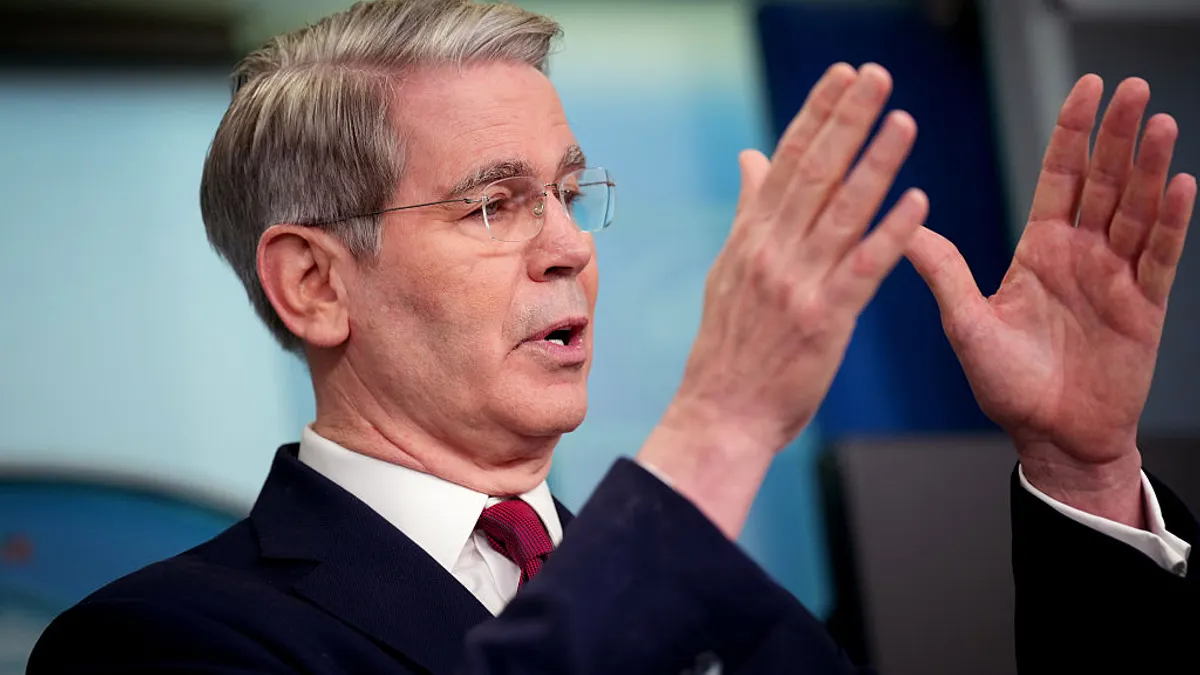Generative AI has dominated conversations among business leaders since the launch of OpenAI-backed ChatGPT in late 2022, as companies have experimented with a broad remit of potential applications for the transformative technology.
However, regulatory, ethical and cybersecurity worries have also sprung up around GenAI’s use, making it critical for executives to move carefully with the technology’s integration in certain areas. For example, to bring the technology into spaces like finance and accounting in a way that’s safe and compliant, CFOs need to craft a formalized approach, said Kurt Heusner, general manager of document sharing software provider ShareFile.
Finance chiefs can’t “take this casually and just accept it that you're going to learn as you go,” Heusner said in an interview. “I think you have to create a set of standards by which you're going to make some of these decisions, because there's too many ethical considerations that can create too many dilemmas, both financially, legally.”
A veteran of the technology and software industries, Heusner moved to the GM and SVP role at the Raleigh, North Carolina-based company about a year ago after an 11-year stint at cloud software provider Citrix, according to his LinkedIn profile. He has also held executive roles at App-DNA and Dell Technologies.
Prepping for accounting’s transformation
The field of accounting will be “fundamentally changed, fairly dramatically” with the introduction of GenAI into the space, Heusner predicted, echoing other technology and finance leaders who are keeping an eager, though careful watch on the tool.
For finance professionals, GenAI represents both a threat and an opportunity — CFOs and accountants have expressed worries over potential job replacement, CFO Dive previously reported. Simultaneously, growing accounting talent shortages, costs and the changing nature of business in a data-driven world have put a spotlight on the benefits the technology could possibly bring to one’s organization and day-to-day workflow.
Today’s CFOs face the dual challenge of soothing their accounting staff’s fears of replacement while also finding the most efficient ways of integrating GenAI and other emerging technologies into their businesses’ accounting processes. They also must find a way to tap these technologies that is transparent, secure and provides accountability, Heusner said.
Determining how the organization is going to treat GenAI across its business is a good place to start, he said, answering the questions of where the company wants to approach as well as where they might hang back until they have more clarity and understanding.
Having policy-based governance at the center of AI adoption is crucial; executive teams need to begin to document and put policies in place that address future challenges such as determining whether the AI system has “hallucinated,” for example, and how to respond.
Nevertheless, GenAI and automation can also help to make the finance function more efficient, driving forward a transformation in the accounting field. While some roles may deal purely with computational tasks, the introduction of GenAI into an employee’s workflow is “really an opportunity for those people to grow into a more experienced role, more advisory role,” Heusner said.
CFOs need to be “looking for those opportunities within their own organization to actually optimize,” he said, as well as seeking out opportunities for the introduction of the technology across the whole business.
In an AI world, data is king
CFOs occupy a critical position in their businesses when it comes to investing in new technologies such as GenAI; for many companies, especially smaller or mid-sized entities, IT is already under the CFO’s remit. In larger organizations, the finance chief typically works closely with other executives like the chief information or chief operating officers to drive strategic technology adoption.
Having a strong relationship between the CFO and CIO is essential as businesses work to discover just where GenAI can have the best impact in their organizations; CIOs can help to fill in some of the gaps in technical knowledge finance chiefs may have, while CFOs have the broad view of the business necessary to see where such tools are needed or could be placed.
Without the CFO providing that holistic judgment, an organization’s technology stack “just becomes a very complex patchwork quilt of technology that doesn't work together, and it doesn't effectively optimize the business or the workflows,” Heusner said.
Developing clear and easily communicable data practices should be at the top of CFOs’ priority lists as they consider GenAI applications — while the technology is set to have a significant transformational impact, businesses will not be able to move forward with it if they don’t have a handle on one’s data, Heusner said.
Cutting down on outdated or redundant technology is important for organizations aiming to effectively utilize their data and ensure information can be clearly shared across systems; the CFO’s holistic viewpoint of the business can help them pinpoint outdated solutions and where data might be bottlenecked.
“I just think they have the financial wherewithal to stop the decision making and say, ‘why do you have five tools doing roughly the same things?’” Heusner said.





















